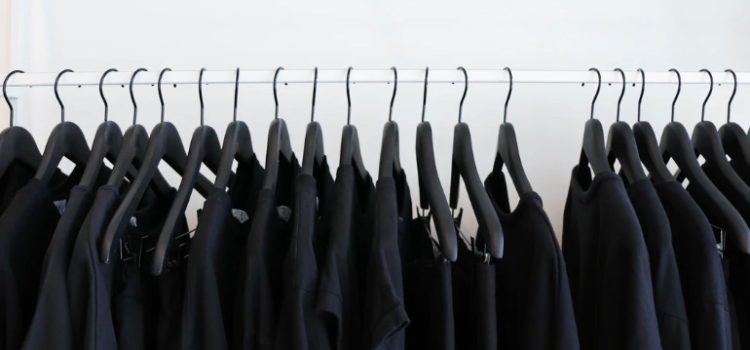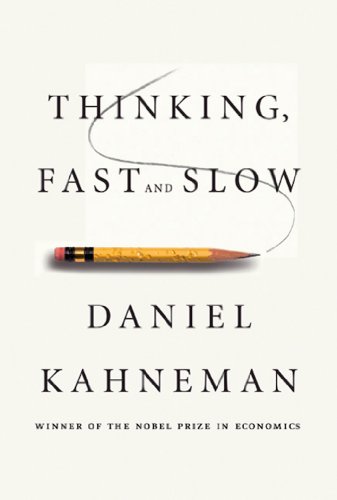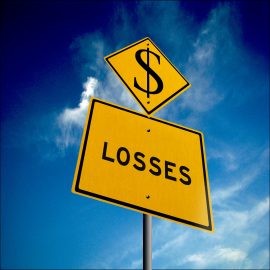

This article is an excerpt from the Shortform summary of "Thinking, Fast and Slow" by Daniel Kahneman. Shortform has the world's best summaries of books you should be reading.
Like this article? Sign up for a free trial here .
What is the status quo bias? What are some examples of the status quo bias?
The status quo bias is the tendency to compare outcomes to the baseline of your experiences. This bias affects how you perceive gains and losses.
We’ll cover two status quo bias examples and how it affects your expectations and emotional response when outcomes meet, or fail to meet, your expectations.
The Status Quo Bias
When you evaluate a situation, you compare it to a neutral reference point.
- Usually, this refers to the status quo you currently experience. But it can also refer to an outcome you expect or feel entitled to, like an annual raise. When you don’t get something you expect, you feel crushed, even though your status quo hasn’t changed.
How the Status Quo Bias Works
You like what you have and don’t want to lose it, even if your past self would have been indifferent about having it. For example, if your boss announces a raise, then ten minutes later said she made a mistake and takes it back, this is experienced as a dramatic loss. However, if you heard about this happening to someone else, you likely would see the change as negligible.
Status Quo Bias Examples
In another reframing of loss aversion, we are biased toward keeping the status quo. Two effects are at play here: 1) the endowment effect exaggerates the value of what you have, warping your prior indifference curve, and 2) loss aversion makes you hesitant to take on risky bets, since losses are more painful than gains.
Status quo bias examples:
- In negotiations, concessions are painful because they represent losses from the status quo. Both parties are trying to make concessions, but because losses outweigh gains, the concessions from the other side don’t make up for your personal concessions. This is why negotiations can end up feeling like everyone walks away unhappy. This feeling is aggravated in situations where parties are merely allocating losses, like an ailing company negotiating with a labor union on how to cut staff, instead of negotiating to split a growing pie.
- Political reform is difficult because the people who have something to lose mobilize more aggressively than those who win. Reforms thus often include grandfather clauses that protect existing stakeholders.
Fairness and Status Quo Reference Points
Related to the status quo bias is the idea that we judge values based on baseline reference points.
The normal price of a good in a store is the reference point. Generally, it’s considered unfair to exploit market power to increase prices to match increased demand, unless the store must do so to retain profits. This is why there’s outrage when a supermarket in a blizzard suddenly raises prices on shovels.
Consider this scenario about pay: an employee is hired at $9 per hour, but the market rate drops to $7 per hour. It’s considered unfair to change the employee’s rate. But if that employee leaves, it’s acceptable to pay the new employee $7 per hour. Intuitively this sounds right, but rationally it sounds odd. The market rate should be the market rate.
- The explanation: the old employee had a personal entitlement to the wage. The new employee has no entitlement to the previous worker’s wage. On the other side, the company has entitlement to retain its current profit, but not to increase it by encroaching on others’ entitlements. These are intuitive notions of fairness that aren’t often made explicit.
Employers who violate rules of fairness are punished by reduced productivity by employees and sales by customers. These rules of fairness are established by status quo bias.
(Shortform note: the rise of on-demand services like Uber and real-time pricing may blunt this effect over time, gradually educating the public about supply, demand, and pricing. Soon it might seem normal for shovels to be more expensive during snowstorms.)
Regret, Responsibility, and the Status Quo
In another twist, the feeling of regret depends on your default action and whether you deviate from it. If you do something uncharacteristic and fail, you’re more likely to feel regret, but others are less likely to blame you. We base blame and regret on the baseline. This is a form of the status quo bias.
| Consider: Alan never picks up hitchhikers. Yesterday he gave a man a ride and was robbed. Barry frequently picks up hitchhikers. Yesterday he gave a man a ride and was robbed. Who will experience greater regret? Who will be criticized most severely by others? |
Common answer: Alan will experience greater regret, but Barry will be criticized most severely. Alan will have wished he stayed the normal path and would want to undo the event. Barry will be seen as habitually taking unreasonable risks, and thus “deserving of his fate.”
(Shortform note: sadly, this might drive some people to blame victims of rape, who allegedly were “asking for it” through their typical dress or behavior.)
In some cases, the default option is to do nothing to avoid regret (e.g. not sell your stock), while the alternative unusual action is to do something.
Corollaries to Status Quo Bias
If you do the normal thing and get a bad outcome, this feels better than doing the unusual thing and getting a bad outcome.
- Selling stock X and missing out on stock X’s big gain feels worse than keeping stock X and missing out on a different stock Y’s big gain.
- Volunteering for a clinical trial and getting a disease from that trial feels much worse than just living and getting the same disease.
If you do an unusual thing and get a good outcome, this feels better than doing a normal thing and getting a good outcome.
- People are happier if they gamble and win, than if they refrain from the gamble and get the same amount.
If you anticipate a bad outcome and regret, you will tend to do the normal thing.
- Consumers at a store who are reminded they may feel regret over their purchase tend to favor brand names over generics.
- A surgeon may believe an experimental treatment is better for a patient but is more liable for a bad outcome than if she were to follow protocol. This anticipation of regret and punishment may lead the surgeon to take the less optimal treatment.
- For employees who wish to start a company and strike out on their own, picturing their startup failing will hold people into staying in their salaried jobs.
If you anticipate a good outcome, you will tend to do the unusual thing.
Taboo tradeoff: there are certain things that people hold as sacrosanct (notably, health and safety), against which they would be unwilling to trade anything. This is driven by the prediction of strong regret if they made the trade and harm were to have resulted.
- The governments of Europe use the “precautionary principle,” which prohibits any action that might cause harm. This overly cautious principle could have precluded innovations like airplanes, antibiotics, and X-rays.
The risk of regret is that it causes inappropriate loss aversion. (Shortform note: this is aggravated by two factors we’ve previously discussed: 1) because probabilities are overweighted at the edges, we overestimate low chances of harm, 2) loss aversion makes the losses feel more painful than the gains.)
Antidotes to Regret and the Status Quo Bias
As you journal your decisions, note the possibility of regret before deciding. Then if a bad outcome happens, remember that you considered the possibility of regret before you made your decision. This avoids the hindsight bias and the feeling of “I almost made a better choice and I should have known better.”
Downweight your future regret—in practice, even in the case of a bad outcome, you will deploy psychological defenses to soothe this pain.
———End of Preview———

Like what you just read? Read the rest of the world's best summary of "Thinking, Fast and Slow" at Shortform . Learn the book's critical concepts in 20 minutes or less .
Here's what you'll find in our full Thinking, Fast and Slow summary :
- Why we get easily fooled when we're stressed and preoccupied
- Why we tend to overestimate the likelihood of good things happening (like the lottery)
- How to protect yourself from making bad decisions and from scam artists






